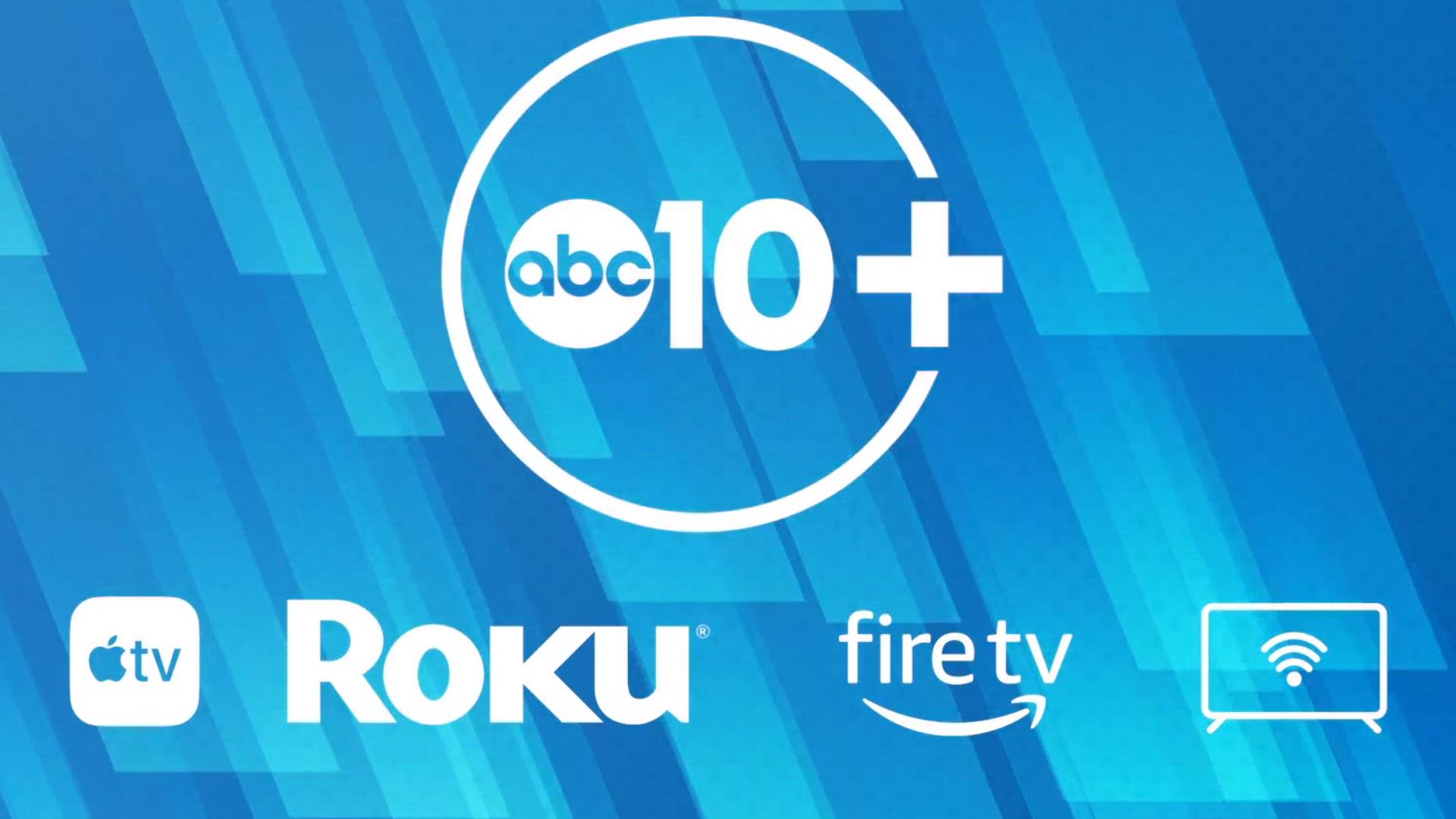SACRAMENTO, Calif. — Thanksgiving and Black Friday can bring the temptation to spend big this holiday season.
The National Retail Federation predicts holiday spending will reach a record $902 per person, mostly on gifts.
Many shoppers will turn to "buy now, pay later" loans to help them afford those purchases, but are they worth the convenience?
Experts say the plans can encourage shoppers to spend even more than they can afford, especially on impulse purchases.
“We are driven towards instant gratification,” said financial coach Maureen Paley. “It allows consumers the access to cash they may not have quickly.”
Klarna, Afterpay and Affirm are just some of the payment options available when shopping online. Under the buy now, pay later plan, shoppers are given a generally no-interest way to break up an expense if choosing the four-payment option due every two weeks and to pay on time.
“Especially when you’re trying to stay on a budget, it actually helps you out. Because sometimes kids need stuff right away — sometimes I need stuff right away and I don’t have $250. If I can pay that partial payment, $75, that saves me $100 or so,” said shopper Krystal Jones.
The buy now, pay later loans are growing in popularity as an alternative to traditional credit cards, which can charge late fees and more than 35% interest if you don’t pay your balance in full.
Compare that to Affirm who says it doesn’t charge late fees, but some of their payment plans do charge up to 36% interest.
Debt accumulated from those kinds of loans is called "phantom debt."
“It’s called phantom because #1 it’s not reported and #2 because it’s not reported, economists and other financial experts can’t really get a handle on how much of that debt is actually out there,” said Paley.
Paley says it matters because consumers might not be as protected as they would with traditional credit cards due to a current lack of regulation.
“Because they don’t have those protections, consumers don’t have the rights they normally would have with a credit card. For example, if they need to fight a charge, if they need to get something removed from their statement or report, they aren’t going to have the type of supports or legal precedent to do that,” said Paley.
There are ways to protect yourself, though. It starts with knowing the terms of your buy now, pay later agreement and reading the fine print.
“When are things due, what happens if you miss a payment, does it get reported to the credit bureaus, do you get charged a penalty fee if you’re late on a payment,” said Paley.
All those things impact credit score. If you don’t pay on time, you could be charged fees and interest depending on the company and plan you choose.
“It is kind of a little wild wild west area, so the rules are happening as we go. So, I think it’s important when you’re entering a space like that for consumers to be cautious,” said Paley.
The federal government is looking into buy now, pay later loans.
The Consumer Financial Protection Bureau says they’re concerned with unclear disclosures, how consumer protection laws come into play, a business model encouraging consumers to overextend themselves, and how lenders collect data.
WATCH MORE ON ABC10: "Buy Now, Pay Later" payment plans



















